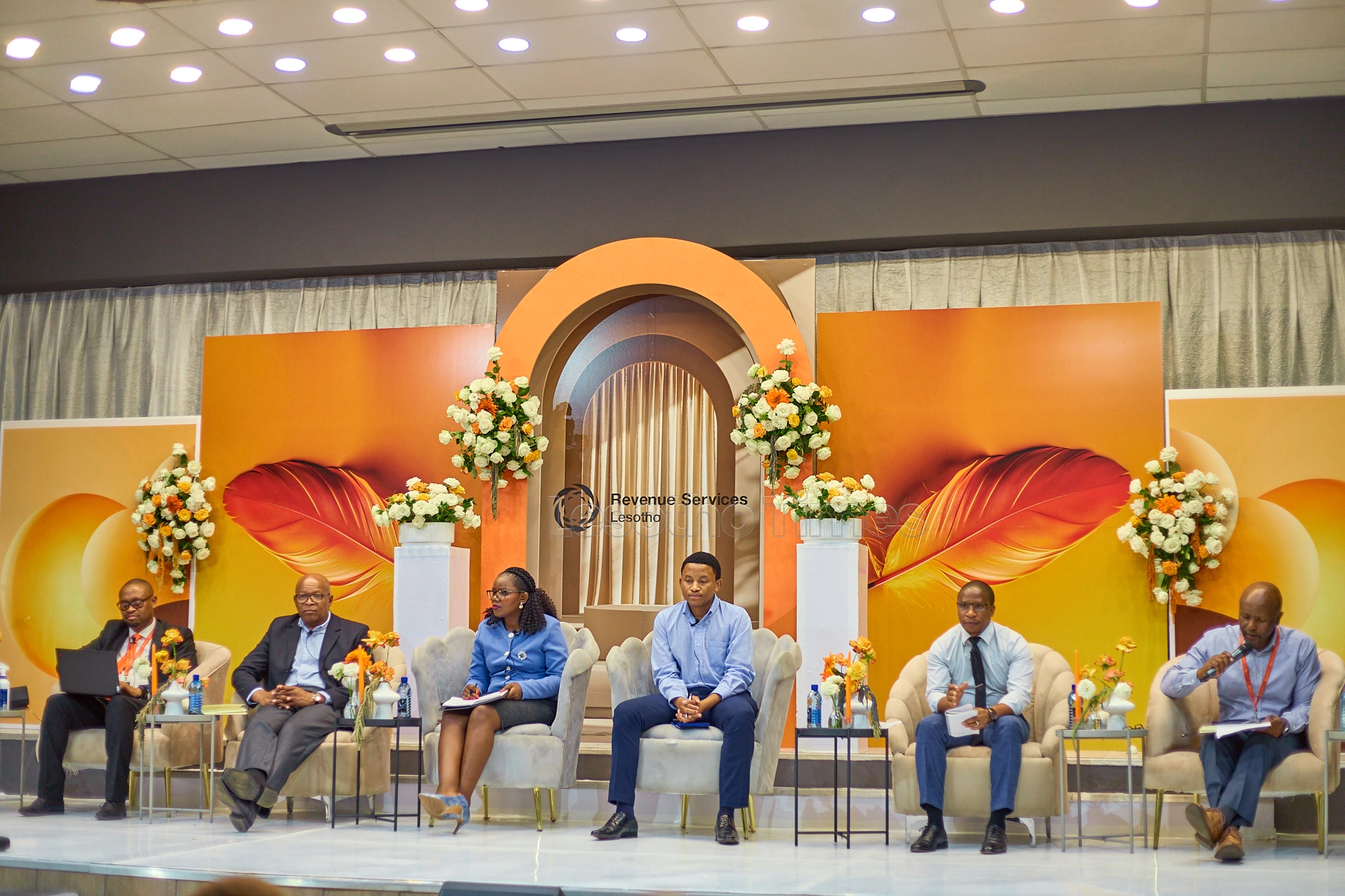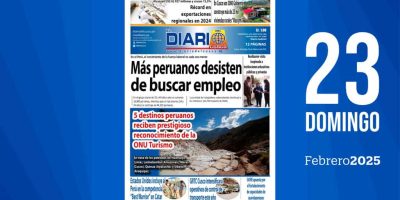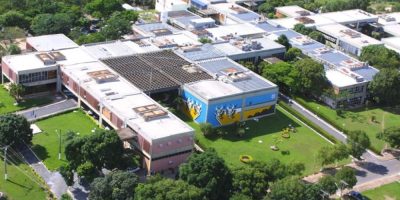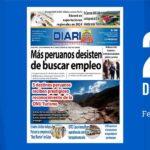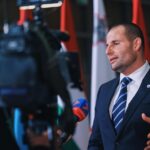961
Moroke Sekoboto
REVENUE Services Lesotho (RSL) has once again engaged the business community to explore key aspects of global trade and taxation that significantly impact business operations worldwide.
Building on previous successful sessions in the southern and northern regions, RSL held a central regional symposium on Tax and Customs International Instruments this week at Victory Hall in Maseru under its Mphahlolle Awareness Campaign.
These efforts are part of RSL’s Lesokoana strategy, aimed at fostering an informed and prosperous business community in the country.
Discussions at the symposium emphasised the importance of international instruments in streamlining cross-border trade, enhancing tax compliance, and fostering economic cooperation.
Topics included eliminating double taxation through tax treaties, managing tariffs for smoother trade flows, and leveraging global trade agreements for new business opportunities. The symposium also highlighted the Authorized Economic Operator (AEO) Programme, which offers businesses increased efficiency, security, and recognition in the global supply chain.
RSL Commissioner of Operations Support, Mpono Mosaase, stressed the importance of understanding the frameworks governing international trade and taxation.
“….Today, we explore some of the most pivotal and transformative elements of the global trade and taxation landscape that shape business operations worldwide,” Ms Mosaase said in her opening welcome remarks
“Our discussions focus on the importance of these international instruments in streamlining cross-border trade, enhancing tax compliance, and fostering economic cooperation,” she said.
Highlighting RSL’s commitment, Ms Mosaase noted that the symposium followed similar events in the northern and southern regions during the 2024/2025 financial year, as promised during the strategy’s launch in December 2023.
She further underscored the goal of empowering businesses with knowledge and tools to remain compliant and competitive in an evolving global market.
“By fostering dialogue and collaboration between RSL, the Ministry of Trade and Business Development, and the business community, we aim to build partnerships that support sustainable growth and innovation.”
RSL Deputy Commissioner for Customs Advisory Services, Thapelo ‘Moleli, explained that the symposium aimed to raise awareness about tax and customs treaties, agreements, and obligations signed or ratified by Lesotho. “These instruments provide trade opportunities under the African Continental Free Trade Area (AfCFTA), the EU-SADC Economic Partnership Agreement (EPA), and the SACU Authorized Economic Operator (AEO) Programme, among others,” Mr ‘Moleli said.
He underscored the need for collaboration, alignment of foreign policy with international laws, and measures to promote exports. “We must diversify economic opportunities beyond AGOA, which faces uncertainty,” he added.
Dr Leseko Makhetha from the National University of Lesotho highlighted the need to support Small, Micro, and Medium Enterprises (SMMEs) to ensure their sustainability. “SMMEs require technical support, simplified RSL procedures, access to finance, information, and markets,” he said.
Mr Sam Mphana, a renowned businessman, encouraged local producers to meet market demands and urged RSL to continue educating businesses about its processes.
RSL hopes these engagements will pave the way for a more efficient, transparent, and collaborative future for Lesotho’s business community.

